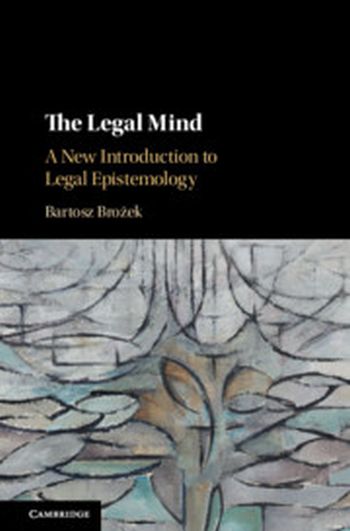
How does a lawyer think? Does legal intuition exist? Do lawyers need imagination? Why is legal language so abstract?
It is no longer possible to answer these questions by applying philosophical analysis alone. Recent advances in the cognitive sciences have reshaped our conceptions of the human mental faculties and the tools we use to solve problems. A new picture of the functioning of the legal mind is emerging. In The Legal Mind, Bartosz Brożek uses philosophical arguments and insight from the cognitive sciences to depict legal thinking as a close cooperation between three cognitive mechanisms - intuition, imagination, and language - and addresses the question of how to efficiently use these mental tools. This novel and provocative approach provides a fresh perspective on legal thinking and gives rise to important questions pertaining to the limits of legal interpretation and rationality in the law.